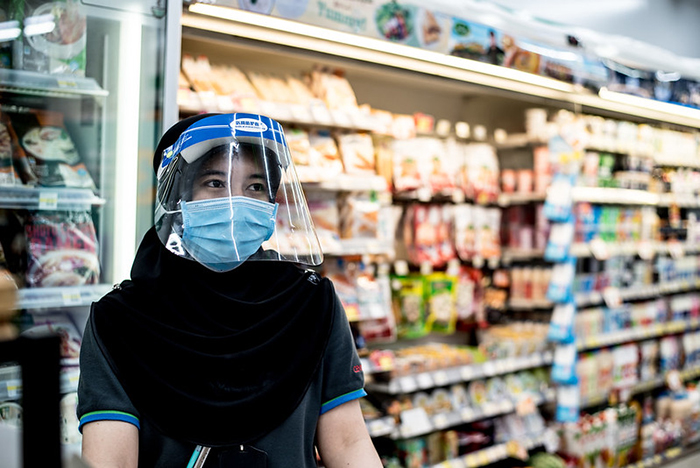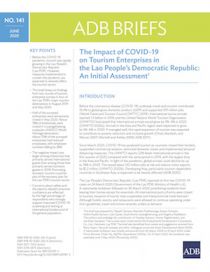
Strategic Results Framework for the Greater Mekong Subregion Health Cooperation Strategy 2019-2023
Following the approval of the GMS Health Cooperation Strategy 2019–2023 by the Health Ministers of the six Greater Mekong Sub-region (GMS) countries in December 2019, the GMS Strategic Results Framework (SRF) 2019–2023 was endorsed by the GMS countries to provide guidance to the GMS Working Group on Health Cooperation, in collaboration with GMS countries, in monitoring and evaluating the Strategy’s effectiveness against its intended strategic outcomes by 2023.








